Speaker
Description
Research data management (RDM) is rapidly becoming an essential service. This has forced higher education institutions (HEIs), research councils, publishers and funding agencies to embark on this journey. In February 2015, in alignment with this global trend, the South African National Research Foundation (NRF) released a statement on Open Access (OA) to Research Publications' funded by NRF. The statement states that research papers fully or partially funded by the NRF should be deposited to the administering institutional repository with an embargo period of not more than 12 months. Furthermore, the statement states that “the data supporting the publication should be deposited in a trusted Open Access repository, with the provision of a Digital Object Identifier (DOI) for future citation and referencing.” In support of the NRF statement, the University of Pretoria (UP) as a research-intensive institution and advocate for OA, had an RDM policy (S4417/17) approved in 2017. The university in its pursuit to implement RDM infrastructure and services launched the research data repository, Figshare in 2019. After the launch, there was a change in information specialists’ roles in order to support RDM services. The information didn’t know what their role in RDM would be and hence the researcher undertook this study. The research unpacks their role, as information specialists in RDM. The University library, as the custodian of the UP’s formal RDM drive, must be setting the pace for all researchers. Information specialists employed by this academic library are expected to be knowledgeable, competent and able to advise faculty staff and researchers within the institution.

